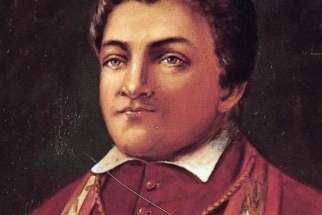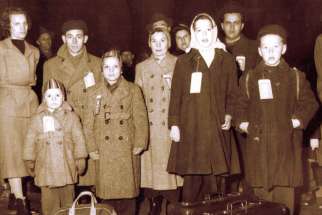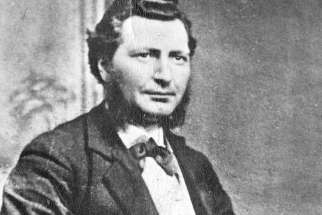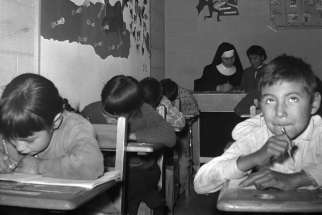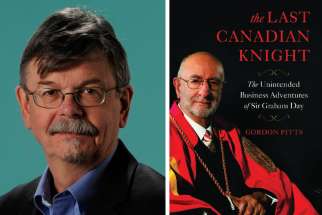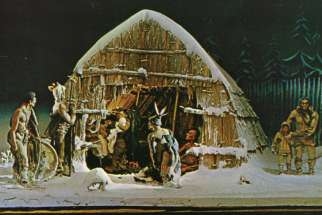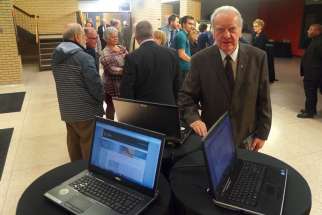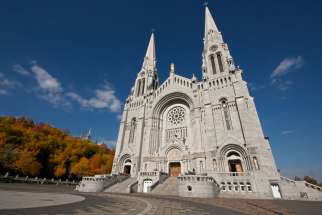A virtual exhibition is telling the story of Ontario’s Irish migrants of 1847 and the caregivers who put their lives on the line during one of the worst health-care crises in Canadian history.
The Register Archive: Canada opens arms to Hungarian refugees
Canada has had a long tradition of welcoming refugees looking to escape persecution. One of the most seminal events in that history came in the fall of 1956, when Hungarians revolted against their Communist rulers. They were met with a massive show of force as Soviet tanks rolled through the streets of Budapest and crushed the revolt within days. In early November, thousands of Hungarians began fleeing to Austria. Canada reacted quickly, providing swift approval of refugee claims and within a month they began arriving. Eventually Canada gave asylum to about 37,500 Hungarians and lent support in their first year in Canada. The majority were Roman Catholic, so it’s no surprise the Church played an important role dealing with the new arrivals as this Register story from the Dec. 8, 1956 illustrates.
Louis Riel’s legacy brings renewed pride to Métis in Regina
Speaking Out: How can I be a part of reconciliation?
I love my Church, but I admit I have at times found it difficult dealing with its sins against the Indigenous community.
Bob Brehl: Life and times of a Canadian knight named Day
Canadian Christmas carol tradition is centuries old
Homegrown Canadian Christmas carols go way beyond SCTV’s Bob and Doug McKenzie’s interpretation of “The 12 Days of Christmas,” the Rovers’ “Grandma Got Run Over by a Reindeer” and, for some of a certain vintage, the novelty song “Honky the Christmas Goose” sung by Toronto Maple Leafs legend Johnny Bower.
Robert Brehl: Christmas treasure found in Klondike gold rush
As Canada reflects on its 150 years of Confederation, Fr. Raymond de Souza has dug a little deeper to unearth the Catholic perspective on the story behind the history.
Vatican’s vast archive opens new door to Canadian history
OTTAWA – Newly released digital inventories of Vatican documents have revealed fresh insights into Canadian history, but don’t expect the kind of dramatic revelations that would fill a Dan Brown mystery novel, says an Italian specialist.
Shrine tour opens eyes to Church role in early Canadian history
I realize it isn’t everybody’s ticket to dreamland. Indeed, I can think of many for whom it would constitute unmitigated boredom and misery. But if you’ve got some sort of semblance of faith or an interest in early Canadian history or an aesthetic love for religious architecture and art (or a galloping case of all three), then a pilgrimage to the Catholic shrines of Quebec can make for a wonderfully stimulating holiday.


